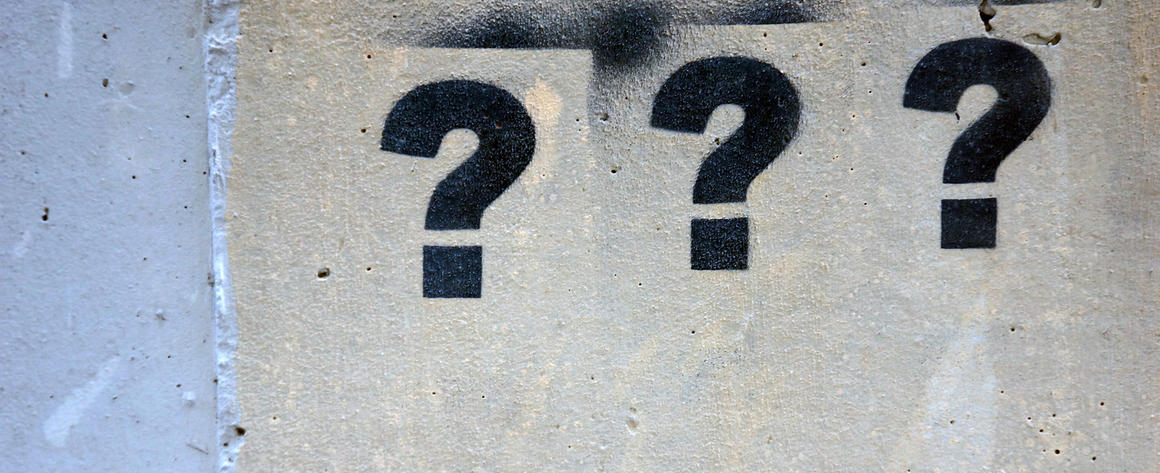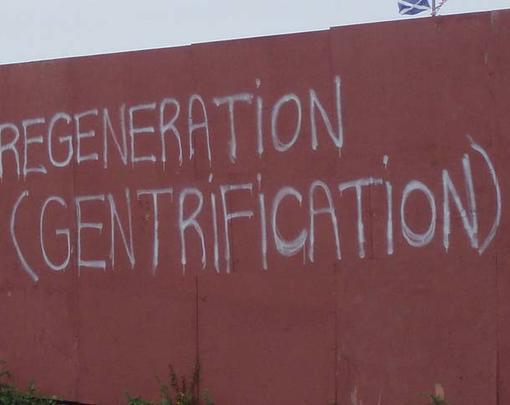Questions for Authors of Works on New Models and Systems
These questions were developed to guide authors in our “New Systems: Possibilities and Proposals” series.
- Core Goals. Briefly, what are the principal, core goals your model or system seeks to realize? [Partly, this is a question about the scope of the conceptualization you have developed, so be sure to note whether it speaks to economic, social, political, and environmental outcomes or only some of these.]
- Major Changes. What are the principal changes you envision in the current system—the major differences between what you envision and what we have today?
- Principal Means. What are the principal means (policies, institutions, behaviors, whatever) through which each of your core goals is pursued?
- Geographic Scope. What is the geographic area covered by the model? If the nation-state, specify which ones or what category you address.
- Temporal Scope. Recognizing the large uncertainties, if there is a transition to the revised system about which you write, what would you suggest as a timeframe for the new system to take shape? Where on the spectrum from imminently practicable to purely speculative would you place your proposals?
- Theory of Change. What factors or forces might drive deep change towards the system you envision? What is the explicit or implicit theory of change in your work? What is the importance of crises? Of social movements? Of available examples of change? What’s the biggest problem or impediment for adoption of your model?
- Some Specifics: Economy. Insofar as your work addresses the nature of the economy, how (if at all) do the following fit into the future you envision?
(a) How are productive assets and businesses owned? Does ownership differ at different scales (community, nation, etc.)? Do forms of ownership vary by economic sector (banking, manufacturing, health care, etc.)?
(b) How are public and private investment decisions made?
(c) What is the role of private profit and the profit motive? Who owns and controls economic surplus?
(d) What is the role of the market for goods and services? For employment? Other?
(e) What is the role of planning in your model? How is it structured? How, if at all, made democratic?
(f) How are the international economy and economic integration handled?
(g) How do you address economic localization, globalization, decentralization, ‘glocalization,’ and similar issues? Where is the primary locus of economic life?
(h) How do economic competition and cooperation play out?
(i) Do commodification, commercialization, and the commons surface in your analysis?
(j) How is private property handled in your analysis?
(k) What mix of business enterprise sizes do you envision?
(l) How do you envision the future of the large corporation and what specific measures do you envision for corporate governance and control, internal and external?
(m) What role do you see for innovative corporate forms, coops, public enterprise, social enterprise, and public-private hybrids?
(n) What is the evolution of the workweek (hours worked, say, per year)?
(o) What is the envisioned future of organized labor?
(p) What are the roles of economic growth and GDP as a measure of growth in your system? What is the priority of growth at the national and company levels?
(q) How is money created and allocated?
- Some Specifics: Society
(a) How do you envision the future course of income and wealth inequality? What factors affect these results? How do you envision the future course of economic poverty? What factors affect these results?
(b) Are special measures envisioned to protect and enhance children and families? To advance the underprivileged? To promote care-giving and mutual responsibility?
(c) How do racial, ethnic, and religious justice figure in your work?
(d) What role do gender and gender issues play in your work?
(e) What, specifically, is the role of community in your model? What measures and factors affect community health, wealth (‘social capital’), and solidarity, and how central are local life, neighborhoods, towns and cities?
(f) Do you envision a change of values, culture and consciousness as important to the evolution of a new system? If so, how do these changes occur?
(g) What are the roles of the consumer, consumerism, and advertising in the system you envision? Self-provisioning? Sharing, renting, and bartering?
(h) How do “leisure” activities—including volunteering, care-giving, continuing learning—figure in your work?
- Some Specifics: Environment
(a) If your system addresses environmental concerns, how do you conceptualize “the environment”? Do you envision the economy as nested in and dependent on the world of nature and its systems of life?
(b) Do you address a rights-based environmentalism (e.g. right to clean water) and the idea that nature has legal rights? Do we have duties to other species and living systems? Are any of your goals non-anthropocentric?
(c) Do you envision addressing environmental issues outside the current framework of environmental approaches and policies (e.g. by challenging consumerism, GDP growth, etc.)?
(d) How do you handle environment-economy interactions, trade-offs, and interdependencies?
(e) How do you address transnational and global-scale environmental challenges?
(f) Does your work explore the links between large-scale environmental challenges (like climate change) and other economic and political issues?
- Some Specifics: Polity
(a) To what degree would your proposed model require Constitutional change? What specifically might be required or recommended?
(b) Does your model have anything to say about liberty and how it may or may not relate to the design of your model? And how, specifically, is liberty nurtured and protected?
(c) How does your model address questions of political and institutional power?
(d) How does your model deal with problems of scale? How much decentralization does it include for large systems? How would decentralization be structured?
(e) Does your work address issues of foreign policy, international relations, regional integration, military policy and spending, war and peace, i.e. the international context of the new system? If so, how?
(f) At different political levels, what polity and what political conditions are implicit or explicit in getting to success?
(g) There is an ongoing critique of representative government and exploration of direct, “strong,” and deliberative democracy. Does any of this figure in your framework? If so, how?
(h) Milton Friedman, among others, believed that only a crisis produced real change. Another old expression is that “good government is just the same old government in a helluva fright.” Do you examine crisis-driven political change and crisis preparedness?
(i) How central is government in the future you envision, both in getting there and staying there?
(j) In the system you write about, what are the appropriate levels of government expenditure or government as a share of the economy and how are these levels achieved?
(k) Do you envision social movements as important in driving political change and action? If so, can you elaborate on how this happens?
- Real-World Examples, Experiments and Models
(a) Are there specific real-world examples or experiments you can point to that embody your model or system or exemplify important elements of your approach?
(b) Are there other models that you see yourself aligned with or close to yours?



